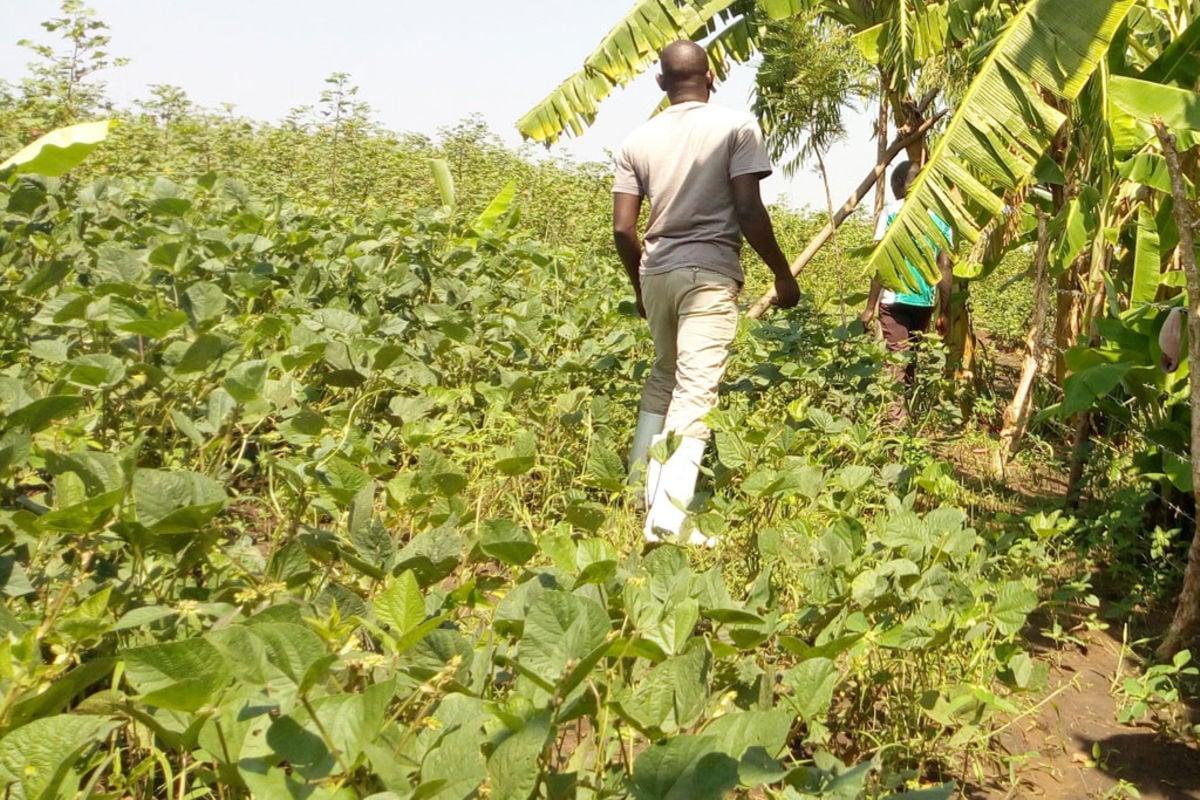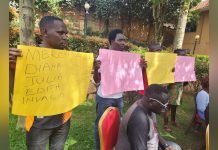Africa-Press – Uganda. Farmers in the West Nile Sub-region have registered low returns in the oil seed project launched three years ago.
According to a report released by the National Oil Seeds Project (Nosp) in the Ministry of Agriculture, Animal Industry and Fisheries on Tuesday last week in Arua District, West Nile farmers produced only 32,000 kilogrammes of oil seed from soya bean, sunflower and sim sim. This was from the 130 acres of land planted by the different farmer groups last season.
This has caused worries among the local leaders who said the low yields paint a grim picture of the future of the government project, expected to cost Shs600 billion.
As a result, the Pakwach District Chairman, Mr Robert Omito, said: “Last season, we got about 200 kilogrammes of oil seed. This is paltry for a project of this nature. We should focus on commercialisation rather than producing for home consumption.”
This, he said, can be achieved through the provision of tractors to open commercial land.
“We are being given walking tractors which are inefficient. This cannot promote commercial agriculture for our people. We need real tractors that are effective. If we continue to have walking tractors, then poverty alleviation or economic transformation cannot be achieved,” Mr Omito added.
According to the Coordinator for West Nile, Mr Jimmy Amacha, they distributed 54,000 kilogrammes of soybean and rhizobia inputs to farmers last season. But he said the results were displeasing.
“We had challenges of late distribution of seeds, poor harvest handling, distribution of fake seeds, and the unfavorable weather pattern. We need to train those farmer groups not to disregard the advice from field extension workers to realise better yields for the project,” he said.
The Vice Chairman for Adjumani District, Mr Arthur Kaijuka, said there is a need for regulation of the entire chain.
“We need regulation of input dealers and certification that should be done at districts to save farmers from high costs. And to safeguard the farmers from cheating, the government needs to regulate prices for oil seeds so that farmers can earn profit,” he said.
In 2016, West Nile farmers produced only 150 kilogrammes of oil seed per acre. The agriculturalists said ideally, an acre is supposed to produce a yield of 600 kilogrammes.
The Arua District Chairman, Mr Alfred Okuonzi, said they have not felt the impact of the project.
“We need to see that the right tonnage of oil seed is produced in West Nile. If the government gives only one tractor for a whole district with a population of about 180,000, how will this help our farmers in commercial agriculture?” he wondered.
The State Minister for Agriculture, Mr Fredrick Bwino, said for farmers to profit from their harvests, there is a need to increase the yields.
“We need to strengthen the solutions to improve on oil seed production which should then be exported. If we do not increase the metric tonnes of oil seed this season, it means we meeting our target,” he said.
He added that the country is now producing about 450,000 metric tonnes of oil seed mainly for food.
“The oil seed is also needed for making soap, lotions and other products but we cannot do that because of the low yield. So we need to improve on commercial farming through tractors, better seeds, and road construction linking farmers to the markets,” he added.
For More News And Analysis About Uganda Follow Africa-Press






